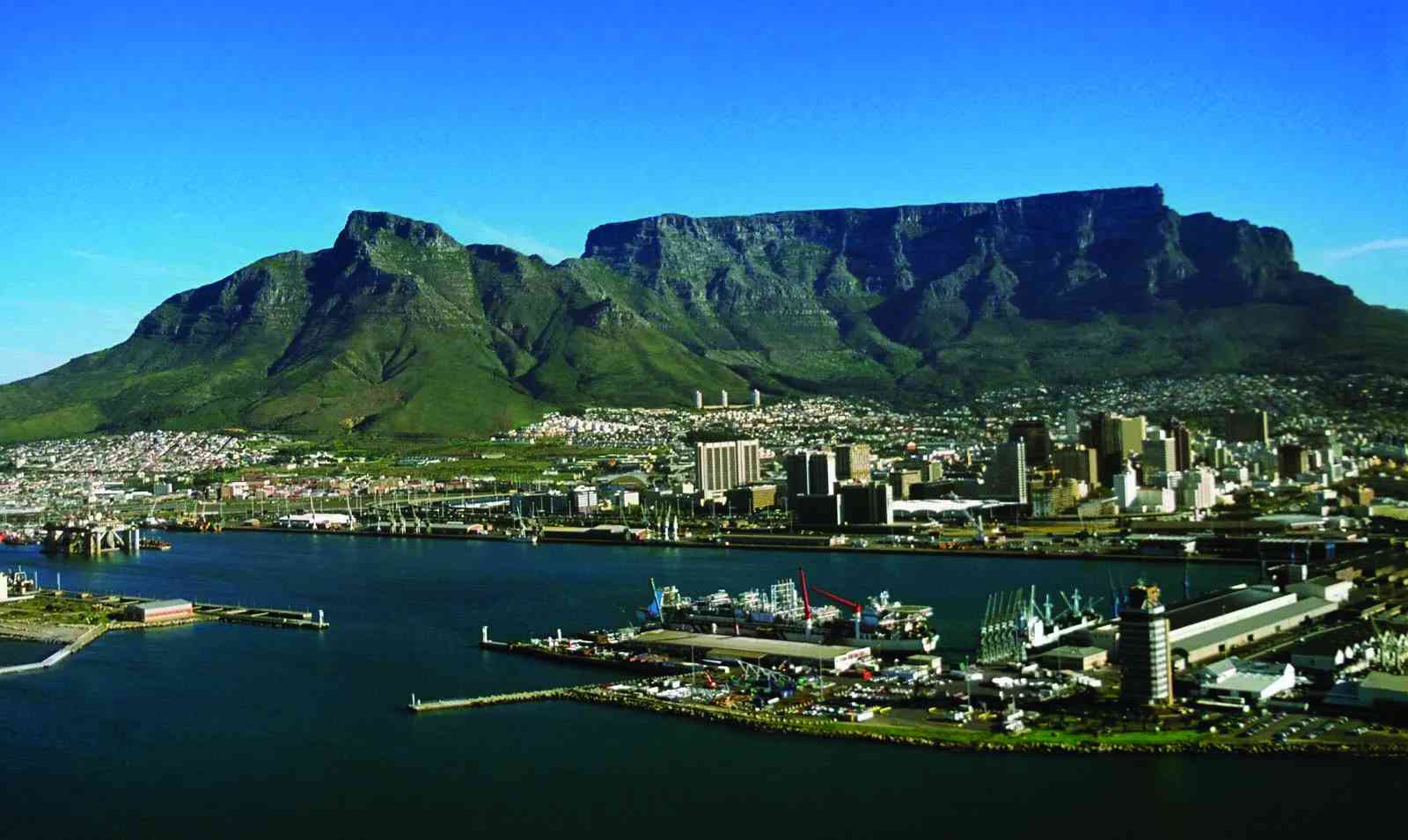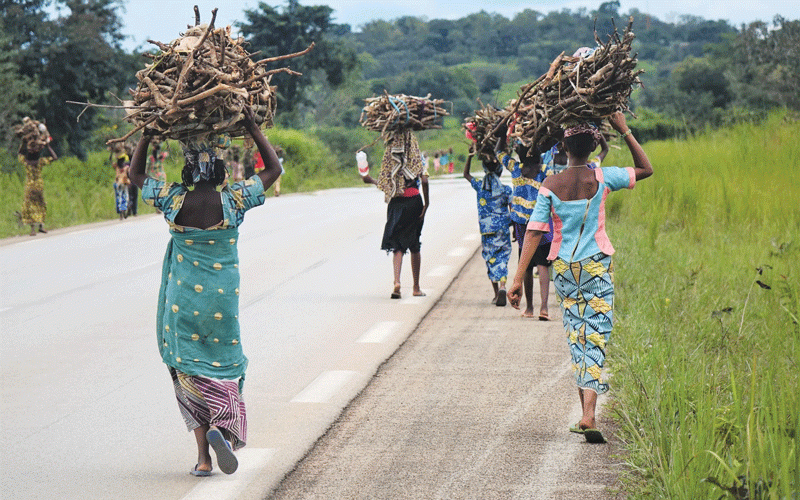
As we head towards the 2024 general elections, South African conservationists, international environmentalists, and wildlife producer communities are waiting to see which political party will use its manifesto to commit something significant to rural South Africans.
These people need to be able to enjoy important and life-changing economic benefits from wild animals and plants, including international hunting, ivory and rhino horn trade and trade in wild plant products for medicinal purposes.
There is zero mention of these topics in the 2019 election manifestos of South Africa’s political parties. Will it be different in 2024? The Community Association of South Africans in Natural Resources (CASA Nature) has called on all South African political parties to support its call to ensure that communities start receiving significant benefits from their natural resources.
Representing rural communities in all the nine provinces of South Africa, CASA Nature has said, “We support and vote for political parties that support sustainable use of our natural resources for the benefit of our communities.”
The CASA Nature communities said that they were promised significant benefits from natural resources when South Africa hosted the World Parks Congress in Durban in 2004 with the impressive theme “Community Benefits Beyond Boundaries.” Now 20 years later (!) no significant benefits have flowed from inside South Africa’s national parks and game reserves to any of their neighbouring communities.
This, despite the fact that Section 24 (b) of South Africa’s Constitution recognises the importance of sustainable use:
“Everyone has the right to the environment protected for the benefit of present and future generations.”
Rural counterparts in other SADC countries — such as Botswana, Namibia and Zimbabwe — have long been benefiting significantly from their natural resources.
- Environmental justice: Think big, start small
- News in depth: Slain Moreblessing Ali’s family fears cover-up as children are forced into hiding
- Airports Company strikes mega hotel deal
- In Full – Zimbabwe 42nd Independence Day speech by President Mnangagwa, April 18, 2022
Keep Reading
But not South Africa. Why?
“Have some of the major Western animal rights groups discouraged use of natural resources to ensure that South Africa’s wild animals and plants can live without human competition?” asks a U.S.-based political consultant, Mr Godfrey Harris.
“The problem,” he continued, “is that the animals are overpopulating the restricted habitats they are allowed to live in. There simply isn’t enough room for them to thrive as the animal rights groups say they want.”
Mr Harris asks another set of questions: “Could it be that the manifestos are silent on sustainable use issues because Western animal rights groups don’t want the subject of what a growing wildlife economy might look like?
“Could it be that these groups care more about leaving the plants and animals to their own devices than creating jobs through international hunting, sustainable harvesting and sale of medicinal plants as well as international trade in stockpiled ivory and rhino horn?
Mr Harris also argues that political manifestos should not be written so rigidly at the outset of a campaign and thus rendered practically meaningless by the time one is ready for their implementation.
“Manifestos should be flexible enough to respond to voters’ interests expressed during the campaign and then amended into a final document 10 days or so before the election,” said Mr Harris, former advisor to the 36th U.S. President Lyndon Johnson.
“Political manifestos in the United States are nearly always dead-on-arrival because they are written in generalities at the beginning of a campaign when no one wants to upset any faction of a party’s membership for fear of losing their support.
“It makes the manifestos effectively meaningless and only fodder for media comments, something the elites may relish but which have little bearing on the election outcome.”
Meanwhile, Oxford University-educated Prof. Brian Child who lectures at the U.S.A.-based University of Florida and also works with the University of Stellenbosch, has expressed disappointment that South African political parties don’t have manifestos that address bread-and-butter environmental issues to lift the poor communities out of poverty.
“Surprisingly, they do not have worthwhile environmental statements in their manifestos, given how much senior political officials affect the nature-based wildlife industry,” said Prof. Child.
He said that political guidance of the wildlife sector in South Africa “is bizarre.”
“It invariably ignores the advice of and acts against the interests of communities and landholders who live with and conserve wildlife,” said Prof. Child. “And most amazingly of all, it seems to parrot the top-down, exclusionary narrative of the Global North that has failed but nevertheless transmitted its views to narrow special interests in the affluent corners of urban South Africa.”
The CEO of the South Africa-based True Green Alliance, Ron Thomson, said South African political parties “are too afraid of upsetting the emotional applecart — the animal rights extremists fundraising NGOs — by supporting ‘sustainable use.’”
Prof. Child said that while countries like Namibia and Zimbabwe have proactive policies to promote the wildlife economy, especially on private and communal lands.
“This is not the case in South Africa, where central legislation and regulation is out of step with reality (and the Constitution) and is a major drag on progress.”
However, he noted that some South African provinces, especially Kwazulu Natal, under Mr Jack Vincent, Mr John Geddes Page and others (including Pilanesberg/Madikwe) have developed innovations and provided critical leadership, but the national government never really has.
“The wildlife industry in South Africa bubbled up from the bottom, and new ideas were gradually entrenched in common law, driven by landholders and with little help and often opposition from the conservation authorities,” said Prof. Child.
Turning to the missed opportunity to trade in wildlife products such as ivory, Prof. Child said that the Convention on International Trade In Endangered Species of Wild Fauna and Flora (CITES) is imposing a “$1 billion annual cost on the wildlife economy in southern Africa by blocking the trade in and recovery of rhinos.”
Prof. Child said this about CITES:
“[It is] seemingly incapable of coping with the idea that southern African elephant populations are over-abundant and harmful to biodiversity and the environment even if elephants are in decline in other countries.”
[“Anti-trade] conservation rhetoric (from the animal rights NGOs) is economically incoherent, and punitive.”
“CITES punishes successful countries like South Africa.
“Imagine the positive impact if rhinos and elephants pumped an additional billion US dollars annually into the wildlife economy in Africa’s most rural areas!
“South Africa’s political parties need to act in the interests of their rural (and poorest) citizens, their wildlife (Africa’s newest commodity) and, not least, their neighbours.”
Sadly, some political scientists contacted for this article seem to think that there are no bread-and-butter environmental issues to discuss and that this is a subject exclusively for environmentalists. Accordingly, they declined to comment on why political parties leave out such issues in their manifestos.
“South African voters can give their favoured political party future power by coalescing around issues that matter,” said Mr Harris. “Rural voters, for example, ought to choose the party with the strongest manifesto for environmental matters and vote en masse for that party. That could give their community considerable clout in any coalition government that is formed after the election.”
- Koro is a Johannesburg-based international award-winning environmental journalist who writes independently on environmental and developmental issues in Africa.











